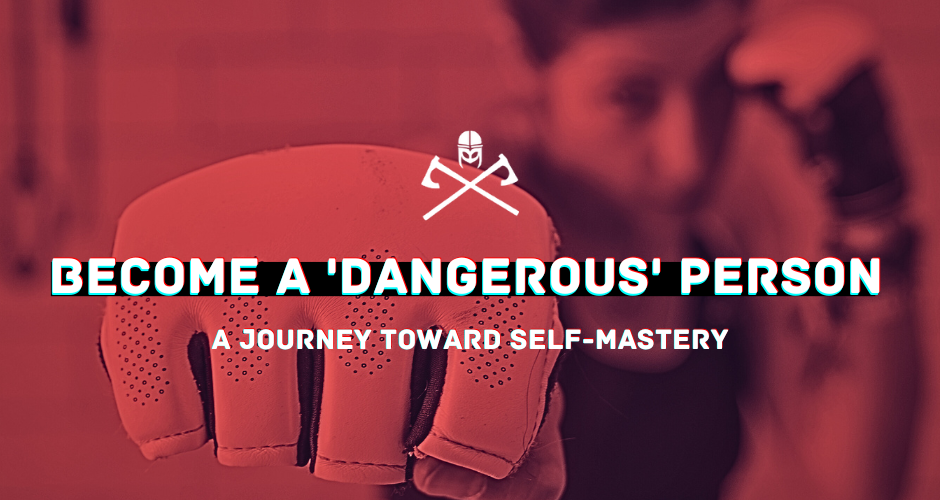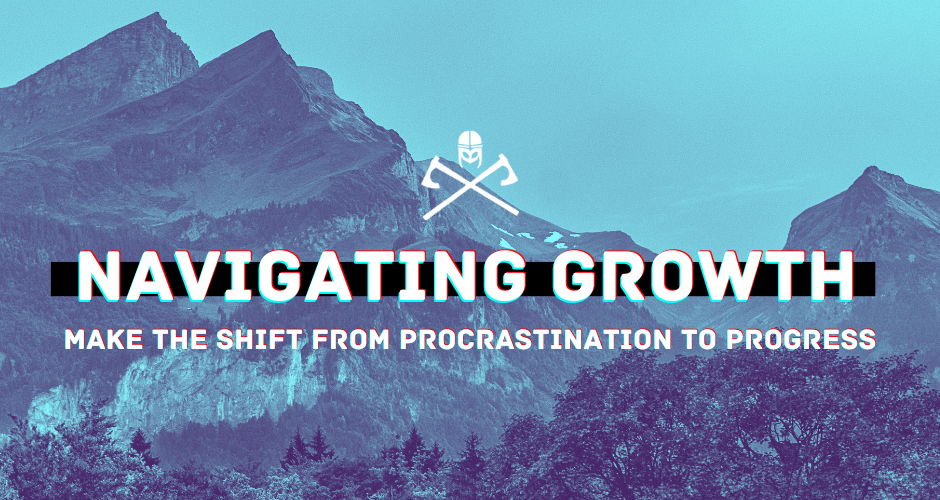
by Gene Crawford | Feb 5, 2024 | Podcast
As the seasons of our careers change, so does our perspective on the work we do and the lives we lead. This heartfelt discussion with Greg Storey, a dear friend and former owner of Happy Cog, not only traces his professional voyage from bagging groceries in Alaska to the boutique agency world and through the corporate colossus of IBM Design, but it also unravels the beauty of midlife career introspection. Embracing change, Greg has moved from leading companies to imparting wisdom through coaching, a journey that mirrors my own pivot towards fitness and mental health coaching, where the reward lies in guiding others to their zenith.
Join us for a reflective and thought-provoking episode where we celebrate the rich tapestry of our past experiences, while keeping an eager eye on the horizon. We revel in discussions about the legends who’ve shaped our industry, touching on the privilege of choosing our own adventures and the vitality of continuous engagement with our creative endeavors.
This episode is also a candid exploration of the complexities of the workplace, from the integration of AI to the dynamics of leadership. We debate the current resistance to remote work models, advocate for leadership that empowers and supports, and tackle the tough emotional realities of decision-making, like firing employees. Whether you’re a seasoned vet or just starting out, there’s wisdom here for anyone navigating the undulating paths of their professional landscape. Join us and take away invaluable insights that will enrich your approach to work and life.
(more…)

by Gene Crawford | Jan 28, 2024 | Podcast
Have you ever caught yourself checking emails while on vacation, or find it difficult to truly unplug and enjoy downtime? You’re not alone. America’s hustle culture has us collectively wrapped around the notion that work should always come first, often at the expense of our health and well-being. In our latest episode, we peel back the layers of this phenomenon, revealing how our national reluctance to take time off not only underscores our values but also impacts our quality of life. Together, we question the undercurrent of fear that keeps us tethered to our desks and share personal tales that highlight the importance of setting boundaries for a healthier work-life integration.
The conversation deepens as we scrutinize the generational shift in work values, especially as it pertains to Gen Z’s approach to work and leisure. We challenge the negative stereotypes, celebrating instead their prioritization of time and mental health. But it’s not just about generations; it’s about a collective realization. This isn’t just an exploration; it’s a call to rediscover the joy in hobbies that don’t come with a price tag and the balance that leads to a more fulfilling existence.
We tackle the often-misunderstood concept of productivity, emphasizing that efficiency in work should serve to increase our leisure and not the other way around. We share uplifting anecdotes about individuals who’ve successfully crafted lives that prioritize passions and family over work without sacrificing professional success. Wrapping things up, we laugh over the irony of how setting firm boundaries can sometimes be the key to success, both personally and professionally. So, join us for an engaging discussion that’s all about redefining success, embracing rest, and the courage it takes to say “no” in a world that constantly demands “yes.
(more…)

by Gene Crawford | Jan 22, 2024 | Podcast
Have you ever been gripped by a story so powerful it made you question the limits of your own endurance? Let’s embark on a captivating journey through the life of Hugh Glass, a man whose saga redefines the warrior mindset. With a history as rich and wild as the frontiers he roamed, Glass’s epic battle for survival after a brutal grizzly bear attack has etched his name in the annals of American folklore. Let’s unravel the threads of Glass’s past—from his unexpected stint as a pirate to his deep bonds with the Pawnee tribe—and extract the unyielding spirit that propelled him beyond the imaginable.
I don’t want this to be a recount of history; it’s a reflection on the human condition and our boundless capacity for overcoming adversity. As we navigate the rugged terrain of Glass’s recovery, we draw parallels between his relentless pursuit of life and the modern battles we face in our personal and professional landscapes. What can the ferocity of a man who refused to succumb teach us about fortitude in the face of our own “sub-zero conditions”? Let’s find out together, and perhaps in the process, redefine the true essence of a warrior mindset.
(more…)

by Gene Crawford | Jan 14, 2024 | Podcast
Get set for an adventure into personal mastery! Heather and I promise a journey of self-discovery as we share insights into becoming a ‘dangerous’ person – a term we use to describe someone possessing mental resilience, physical strength, and a deep sense of self-awareness. Guiding you through the five mountains of self-mastery, as taught to me by Coach Mark Divine, we’ll arm you with practical advice on developing mental, physical, and spiritual strength.
This episode is not just about mental grit; we explore the therapeutic power of writing down your negative thoughts and setting clear goals. We share our personal experiences and strategies for maintaining focus and holding boundaries. Inspired by a quote from Warren Buffet, we delve into the importance of prioritizing and the value of saying ‘no’. We also highlight the significance of physical strength, discussing our experiences with fitness challenges like 75 Hard and No Zero.
We’ll get candid about the importance of venting and trusting allies, the potential pitfalls of holding grudges, and how to build self-awareness. We encourage you to embrace discomfort, overcome fear, and step out of your comfort zone. By the end of the episode, you’ll be ready to confront your fears and uncertainties with integrity, and become an all-around badass, fully equipped to tackle any obstacle that comes your way. So, buckle up and get ready for a deep dive into the journey towards becoming a ‘dangerous’ person!
(more…)

by Gene Crawford | Jan 7, 2024 | Podcast
Ever feel like you’re merely surviving your day-to-day responsibilities, instead of strategically guiding your own journey? Join us as we embark on a reflective exploration of our careers, talking through the evolution from hands-on tasks to strategic thinking. We discuss the realities of this shift, its role in our organization, the fresh responsibilities it brings us, and the necessity of maintaining balance, especially as we make plans for the upcoming year.
Personal and professional growth is an ongoing process. It requires strategic thinking, gratitude, and consistent action. By embracing these principles, we can navigate a transformational journey and find value in our roles in life and business. Whether it’s celebrating minor wins, managing societal pressures, or maintaining consistency in various aspects of life, every step contributes to the larger journey of personal and professional transformation.
Remember, growth is a journey, not a destination. So, keep growing, keep learning, and keep moving forward!
(more…)





